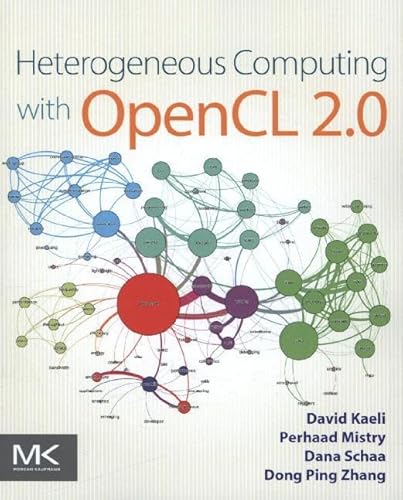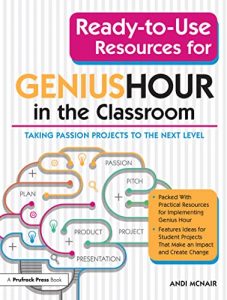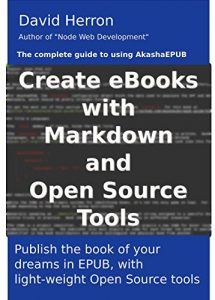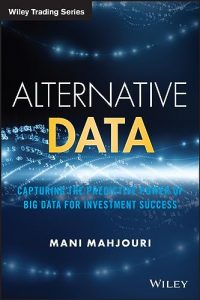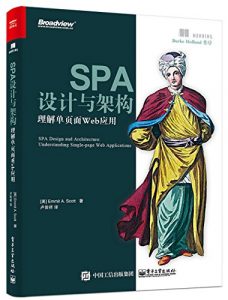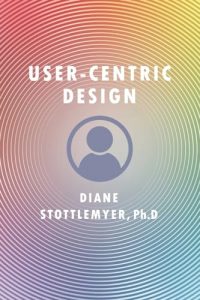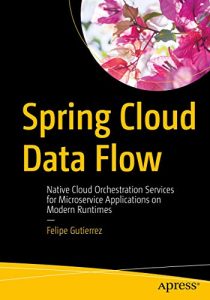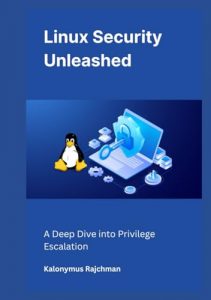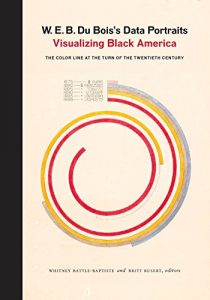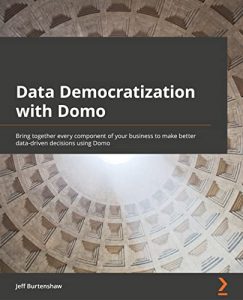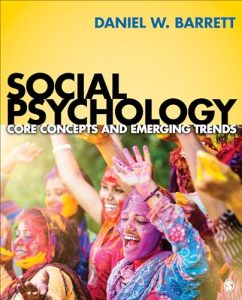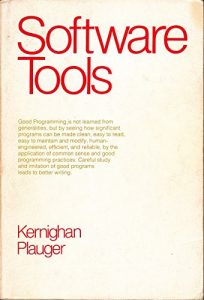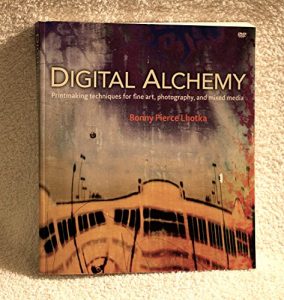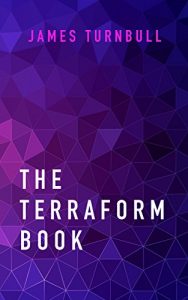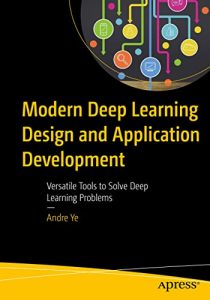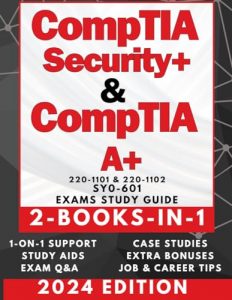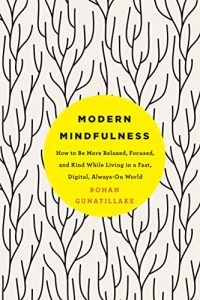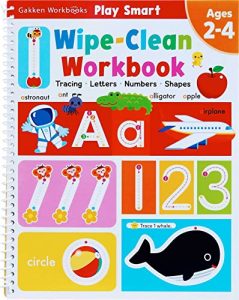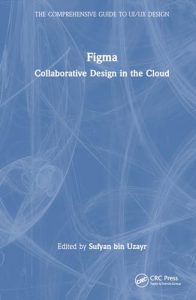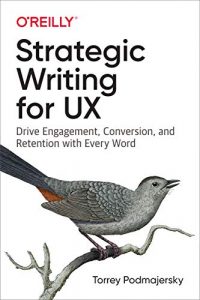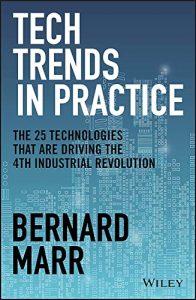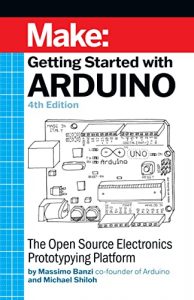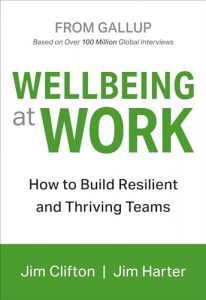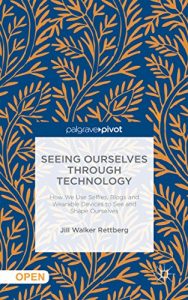Unlocking the Power of OpenCL: Must-Read Books for Aspiring Developers
If you’re looking to delve into the world of high-performance computing and graphics acceleration, you’ve come to the right place. Below, we explore some essential reads that will equip you with the knowledge and skills to master OpenCL and heterogeneous computing.
1. Heterogeneous Computing with OpenCL 2.0
Authored by renowned experts David R. Kaeli, Perhaad Mistry, Dana Schaa, and Dong Ping Zhang, “Heterogeneous Computing with OpenCL 2.0” is an excellent choice for both novices and experienced developers. This comprehensive guide takes you through the latest advancements in OpenCL 2.0, providing practical insights into heterogeneous computing environments. It emphasizes real-world applications and offers a balanced approach to theory and practice, making it a must-read for anyone serious about leveraging the power of parallelization in their applications.

2. OpenCL in Action: How to Accelerate Graphics and Computations
Matthew Scarpino’s “OpenCL in Action” stands out as an excellent tutorial for developers eager to learn how to accelerate their applications and graphics through OpenCL. Scarpino blends theory with practical examples, providing a clear path to mastering the essential aspects of OpenCL’s architecture. Whether you’re focusing on graphics, scientific computing, or machine learning, this book will enhance your understanding of how to effectively utilize OpenCL in various programming scenarios.

3. OpenCL Programming Guide
When it comes to learning OpenCL, the “OpenCL Programming Guide” by Aaftab Munshi provides a solid foundation. This guide breaks down complex concepts into digestible portions, making OpenCL accessible for programmers at all levels. Rich in examples and paired with vivid illustrations, this book not only serves as a tutorial but can also be used as a reference to understand various OpenCL functions and their applications in high-performance computing.

4. Parallel and High Performance Computing
Written by Robert Robey and Yuliana Zamora, “Parallel and High Performance Computing” introduces the concepts of parallel computing while providing practical guidance on how to implement these techniques through OpenCL. The book dives deep into threading architectures and optimization techniques, making it an invaluable resource for anyone aiming to develop high-performance applications that capitalize on modern multi-core processors.

5. Introduction to High Performance Scientific Computing
David L. Chopp’s “Introduction to High Performance Scientific Computing” is a key resource for scientists and engineers who wish to compute efficiently with large datasets. Covering methods for parallelization and performance optimization, this book provides the tools necessary to tackle complex scientific and engineering problems with an OpenCL perspective. Its focus on high-performance computing makes it essential for anyone looking to grasp the intricacies of computational science.

6. OpenCL Programming by Example
For those interested in hands-on learning, “OpenCL Programming by Example” by Ravishekhar Banger and Banger Bhattacharyya is a practical guide that stands out. This book builds on real-world examples to help you understand how to implement OpenCL in various programming contexts. From setting up your tools to running your first OpenCL programs, this book is a perfect entry point for beginners looking to experience the practical side of OpenCL programming.

7. OpenCL Second Edition
Gerardus Blokdyk’s “OpenCL Second Edition” provides insights into OpenCL for those who have some foundational knowledge. It features comprehensive strategies not only for programming with OpenCL but also for evaluating and improving the performance of your OpenCL applications. This second edition updates previous content, ensuring readers are well-informed about the latest enhancements in OpenCL.

8. Heterogeneous Computing with OpenCL
The original “Heterogeneous Computing with OpenCL” is another memorable read by a talented group of authors, including Benedict Gaster and Lee Howes. This book lays the groundwork for understanding how OpenCL can be applied to heterogeneous computing systems, making it ideal for anyone getting their feet wet in HPC concepts. Its approachable style translates complex ideas into easy-to-understand language, making it a great introductory guide.

9. Heterogeneous Computing with OpenCL: Revised OpenCL 1.2 Edition
The revised edition offers significant enhancements and up-to-date content reflecting the evolution of OpenCL from its initial release. It retains the strong focus on practical examples and case studies, ensuring readers understand how to implement the concepts successfully in their projects. The collaborative efforts of the authors create a well-rounded perspective, making this title a critical read for anyone involved in OpenCL development.

10. Embedded Systems: ARM Programming and Optimization
Lastly, the upcoming “Embedded Systems: ARM Programming and Optimization” by Jason D. Bakos promises to provide fresh insights into programming embedded systems using OpenCL. As technology continues to evolve, this book is set to be a pivotal learning tool for developers keen on incorporating the ARM architecture for optimized performance. Its relevance and timing in parallel computing will undoubtedly make it a valuable resource.

Each of these books offers unique insights and expertise into OpenCL and parallel computing. Dive into these reads to not only bolster your skills but also to stay ahead in the rapidly evolving field of computing.

